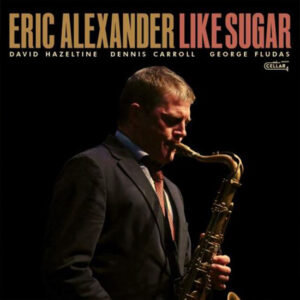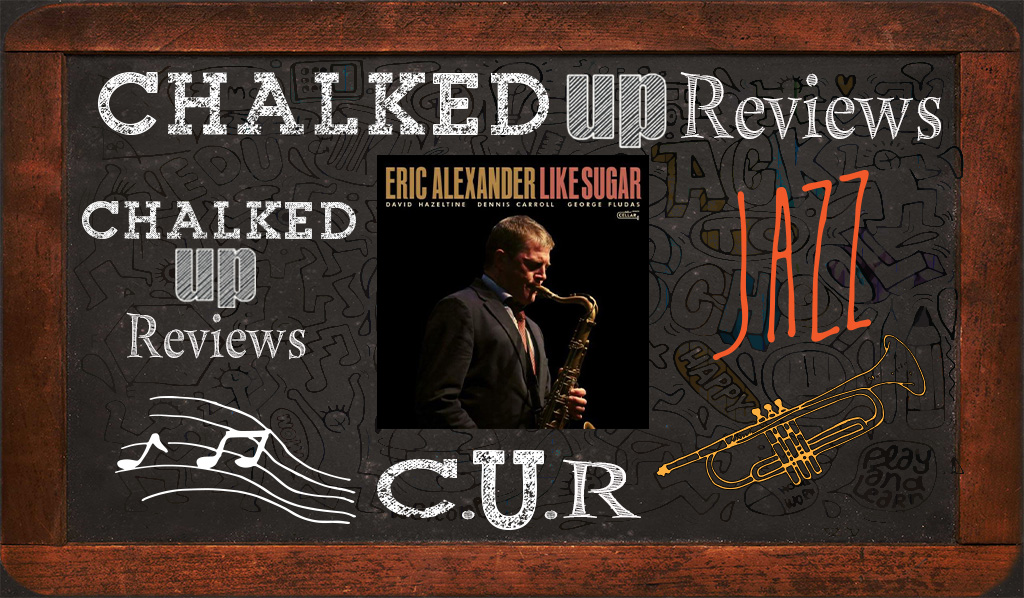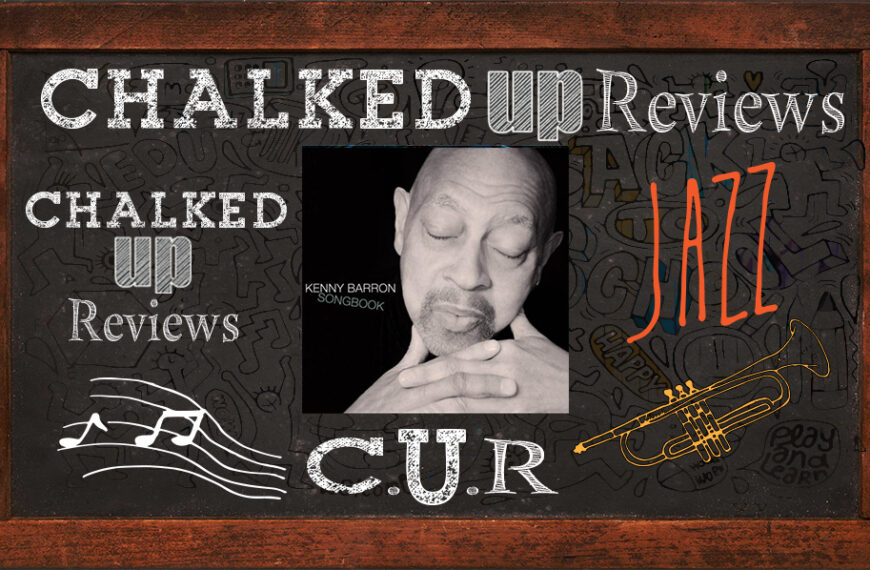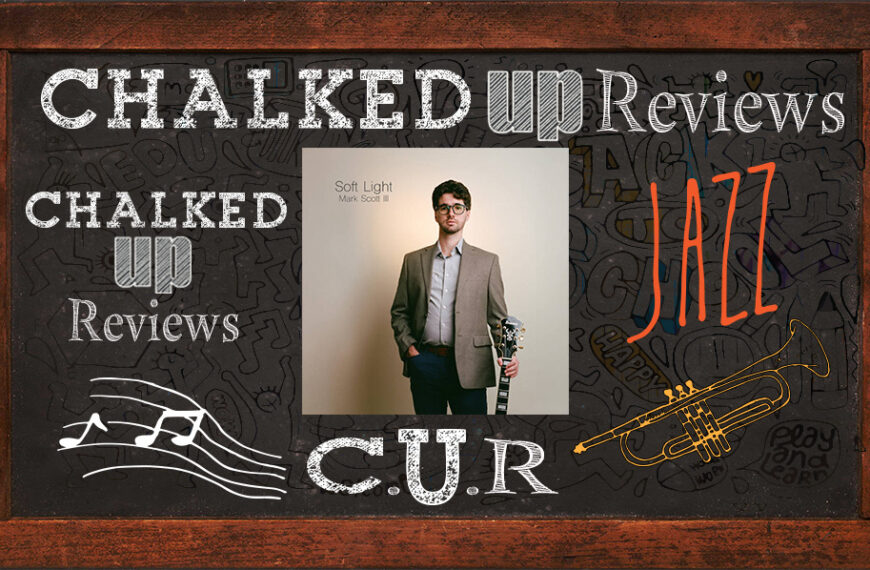
by Brice Boorman
Eric Alexander’s newest outing, Like Sugar, captures the essence of Stanley Turrentine as a tribute with the poise of the seasoned tenor who has spent three decades in today’s jazz dialect. Recorded at Rudy Van Gelder’s storied studio in Englewood Cliffs on the first of November, 2024, the session brings together a quartet of David Hazeltine on piano, Dennis Carroll on bass, and George Fludas on drums. The eight songs are under the co‑production of Cory Weeds and Alexander. The result is an album that is reverent to Turrentine’s legacy, a balance of blues, soul, and jazz that will resonate with any jazz fan.
The concept behind Like Sugar emerged from a desire to honor Turrentine without direct imitation. Alexander and Weeds deliberately chose material that reflected the saxophonist’s blues‑infused sensibility and his love for the Great American Songbook. The set opens with “Jave,” an original composition that borrows the jazz blues sound from Turrentine’s sound and uses it as a springboard for fresh melodic invention. By building a new piece on familiar harmonic terrain, Alexander demonstrates how a modern improviser can approach a classic phrase and expand it into something modern. This approach recurs throughout the album, most notably on the title track “Like Sugar,” which overlays a brand‑new melody onto the chord changes inspired by the original tune, preserving the spirit of Turrentine’s groove while injecting a contemporary lyrical contour.
The selection of standards further underscores Alexander’s deep respect for Turrentine’s repertoire. “Love Letters,” a ballad that was a favorite of the elder saxophonist, showcases Alexander’s warm, burnished tone. Turrentine’s reading of “Love Letters” on the 1965 Blue Note session Hustlin’ is often singled out as a textbook example of his signature sound. Alexander’s tenor glides with a vocal quality reminiscent of Turrentine’s own phrasing, but virile in its athleticism in modern inflections. The inclusion of Jobim’s “Triste” pays homage to Turrentine’s fondness for Brazilian music, allowing the quartet to explore a soul jazz bossa‑nova feel. Alexander’s improvisation is harmonically rich with extensions. “Early Morning Stroll,” a hard‑bop vehicle originally penned by Hank Mobley, sits comfortably in the program, reflecting the kind of straight‑ahead swing that both Turrentine and Alexander have championed throughout their careers.
The rhythm section provides a foundation that is simultaneously supportive and conversational. Hazeltine’s piano solo and comping respects the lyrical nature of the album’s tribute while offering a modern twist by navigating between classic bebop lines and more modern harmonic explorations. Carroll’s bass support is articulate, employing figures that echo the harmonic colors while hooking up with Fludas’s musical drumming. Their interplay is marked by trust as each musician responds intuitively to the others’ ideas.
From a production standpoint, the album benefits from the acoustic warmth of Van Gelder’s studio, captured expertly by engineer Maureen Sickler. The mix, handled by Shawn Piece, balances vintage ambience with contemporary clarity, ensuring that the tenor’s rich timbre shines without overwhelming the subtleties of the rhythm section. The mastering preserves the dynamic range necessary for vinyl enthusiasts and streaming listeners, a pragmatic decision that acknowledges the varied consumption habits of today’s jazz audience.
Like Sugar is more than a nostalgic salute; it is an active dialogue between two tenor voices separated by half a century. Eric Alexander speaks with a tone that is unmistakably warm and burnished, yet his phrasing carries the imprint of the modern improviser who constantly mines the past for fresh ideas. The album invites listeners to hear how a classic shout‑chorus can become a seed for new creativity, encourages pianists to blend vintage harmonic language with contemporary extensions, and challenges rhythm sections to listen deeply to each other’s nuances. For anyone invested in the ongoing evolution of bebop language Like Sugar deserves a prominent place on the shelf and repeated spins in the rehearsal room.


